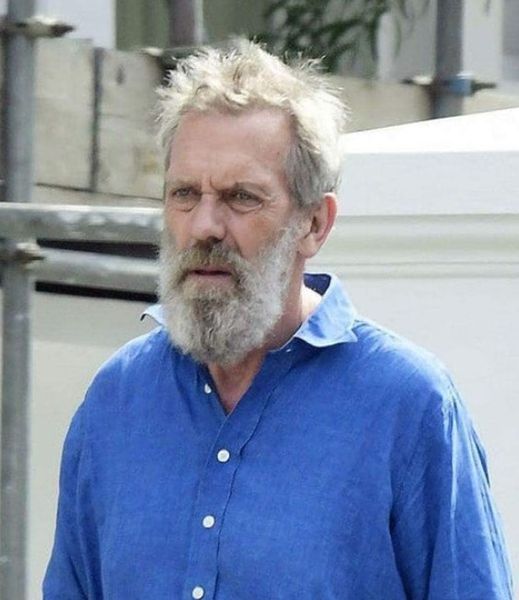By the mid-1980s, Hugh Laurie had become a household name in the UK. His work in A Bit of Fry and Laurie and Blackadder showcased his sharp comedic timing and undeniable charm. Yet, even as his career soared, he often wondered if he’d somehow strayed from the path his father had envisioned.
Then came the role that would define his legacy. In 2004, Laurie was cast as Dr. Gregory House in House, M.D., the gruff, brilliant diagnostician whose mind was as sharp as his tongue. The irony wasn’t lost on him — the son of a real doctor, now pretending to be one on television. But he played the part with extraordinary depth and authenticity, turning the show into one of the most acclaimed dramas in modern television history.For eight seasons, Laurie’s performance captivated millions around the world. Critics praised his precision, his emotional range, and the quiet humanity beneath the sarcasm. The role made him one of television’s highest-paid actors and earned him multiple awards. Yet behind the success, Laurie has admitted that the long, demanding filming schedule often left him emotionally and physically drained.
He once confessed that, during the height of the show’s popularity, he struggled with exhaustion and self-doubt — pushing through each day with the same relentless work ethic that his father had instilled in him. What haunted him most, however, was the feeling that he had “cheated” his father’s dream. “My father wanted me to become a doctor,” he said once. “It’s fitting, I suppose, that I ended up pretending to be one.”
Ran Laurie passed away in 1998, years before House premiered. Hugh has often reflected on how his father never got to see him embody that role — a character who, in many ways, mirrored the brilliance and moral curiosity his father had shown in real life. That missed connection remains one of his quiet regrets.
After House ended in 2012, Laurie stepped away from the spotlight for a time. He turned to music — another lifelong passion — and released blues albums that revealed a soulful, introspective side of him rarely seen on screen. Later, he returned to acting in new forms, including the psychological drama Chance, once again playing a complex doctor.
Through it all, that thread of reflection persisted. Fame and awards never seemed to quiet the modest, thoughtful part of him that questioned whether he had truly lived up to his father’s example. Yet, in a deeper sense, he had honored it — not through medicine, but through empathy.
Hugh Laurie’s portrayal of Dr. House inspired millions to think about medicine, ethics, and the human mind in ways few shows had ever done. His art touched people, provoked reflection, and even inspired future doctors — a legacy his father might have been proud of.
Today, Laurie continues to act, write, and make music. He remains humble, thoughtful, and driven by curiosity — qualities that make him not only a great artist, but also a deeply human one.
And perhaps that’s the lesson his journey offers: that there are many ways to heal and to help. Some use stethoscopes. Others use stories.
Hugh Laurie may not have become the doctor his father once imagined — but in his own way, he has spent a lifetime exploring the human heart just the same.
